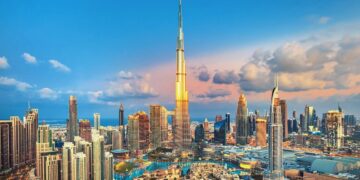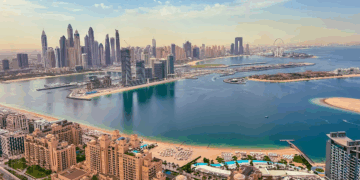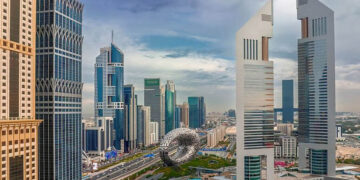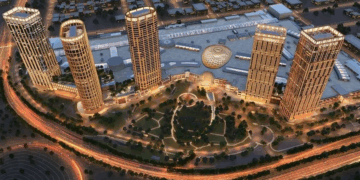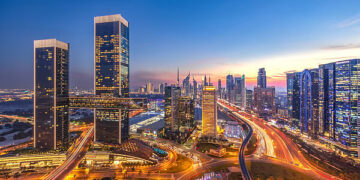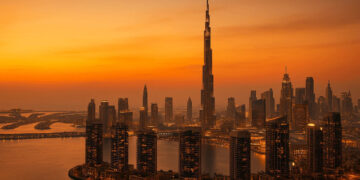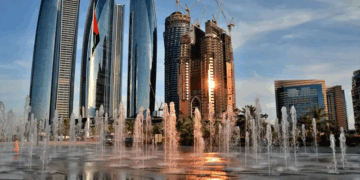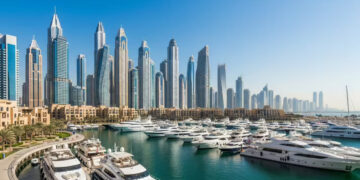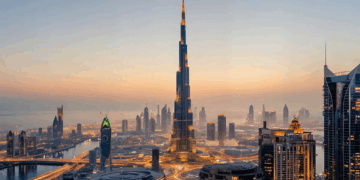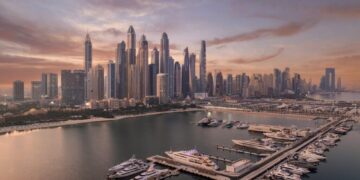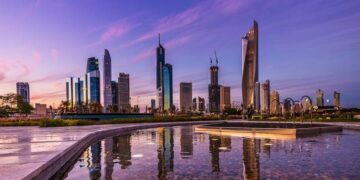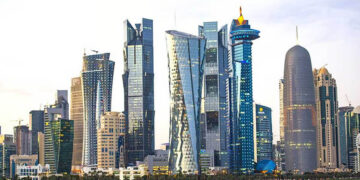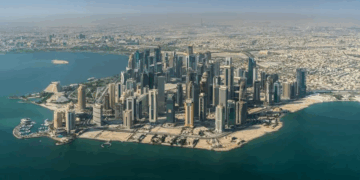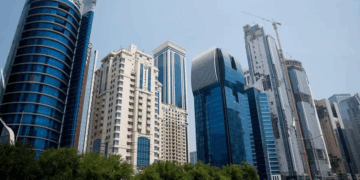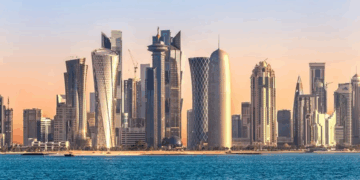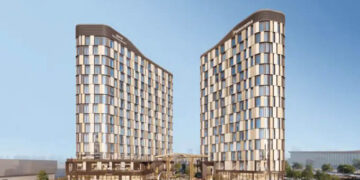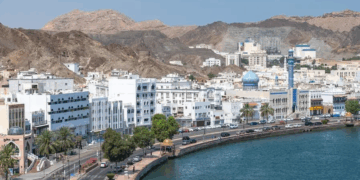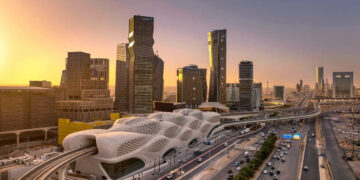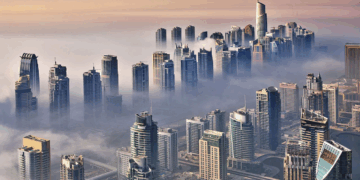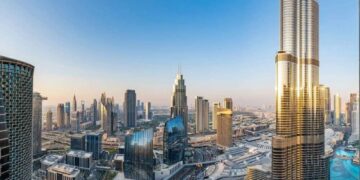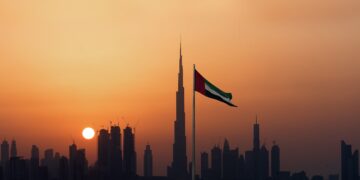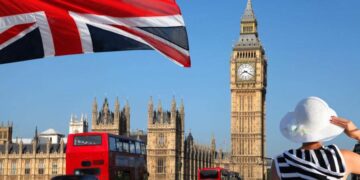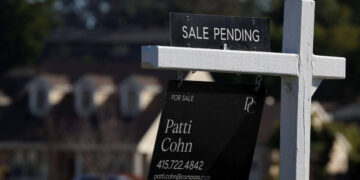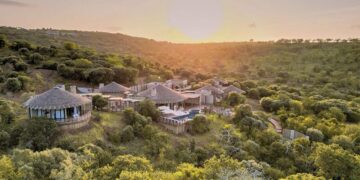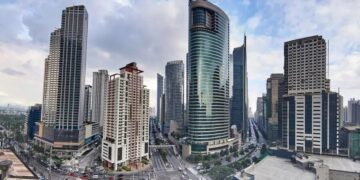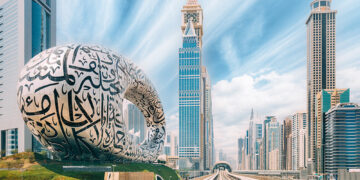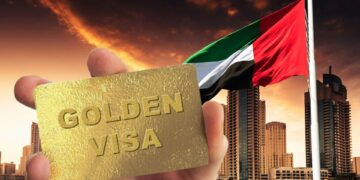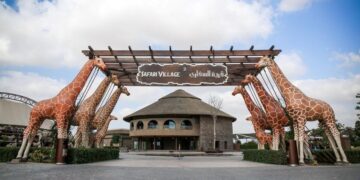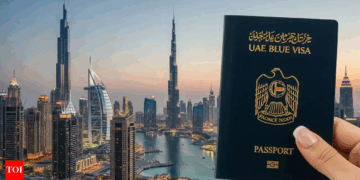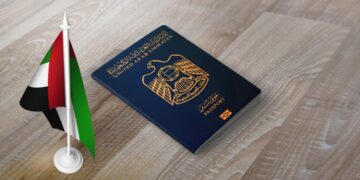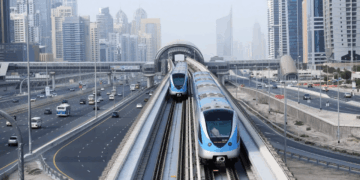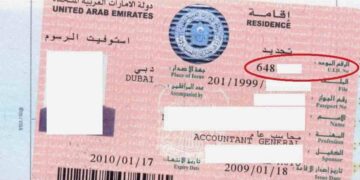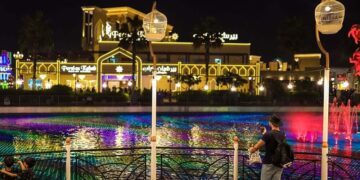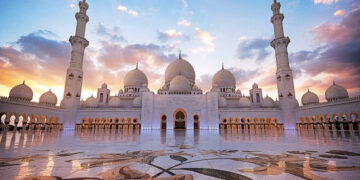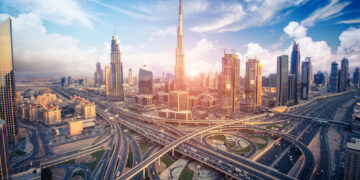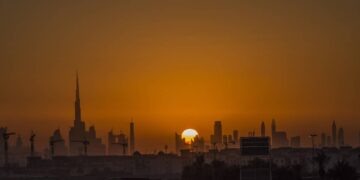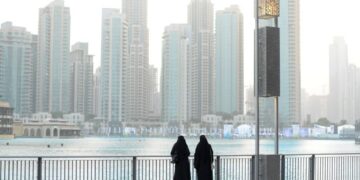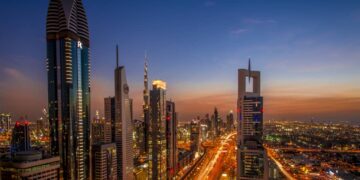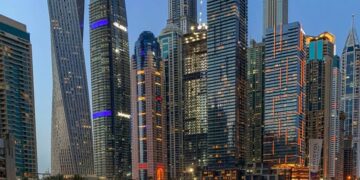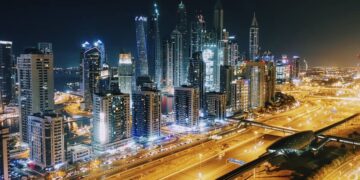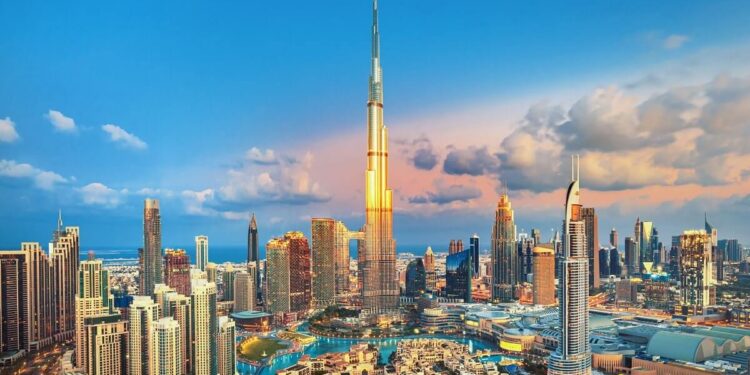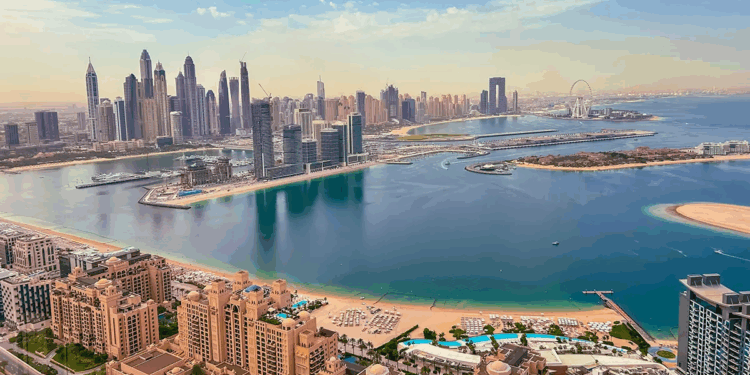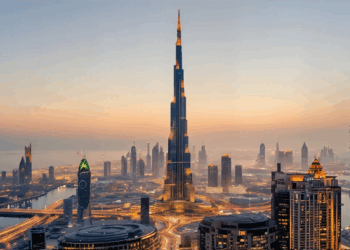According to Bank Julius Baer & Co. Ltd.’s most recent Global Wealth and Lifestyle Report, Dubai remains a popular destination for wealthy individuals and families.
The annual report analyzed cost-of-living data from 25 major cities around the world to create a ranking based on the Julius Baer Lifestyle Index.
It revealed that, despite a 4% increase in average prices for goods and services, Dubai remains relatively affordable for high-net-worth individuals when compared to other global cities.
Middle East’s wealthy most focused on luxury goods, Dubai property
Dubai ranked 12th in this year’s global rankings and sixth in Europe, the Middle East, and Africa.
This is a slight drop from last year’s seventh place globally, but it demonstrates Dubai’s continued competitiveness.
“Rebounding dramatically following Covid-19, growth in the tourism sector especially for Dubai, was strong, seeing an 11 percent increase year-on-year, with overnight visitors on track to exceed 20 million visitors in 2024, contributing about 12 percent to overall GDP. Dubai is also continuing to position itself as a new capital for global finance acting as a bridge between east and west with a traditional banking model as well as a digitally powered economy,” Fahd Abdullah, Executive Director of Investment Advisory at Julius Baer Middle East said.
According to the report, real estate in Dubai has become significantly more expensive, with property prices rising by 16% in US dollars over the last year.
However, the sector remains popular, with wealthy Middle Easterners spending the most on luxury homes.
More than half of wealthy Gulf residents polled by Julius Baer reported spending more on residential property in the emirate.
According to the report, sophisticated investors recognize the opportunity presented by Dubai’s property market. Given capital appreciation and relative affordability compared to other global financial hubs, it is a wise investment.
“This growing trend will keep Dubai on the global investor’s radar. More than half of wealthy Middle Easterners in our survey said they had spent more on residential property in the past 12 months, and planned spending is equally high, with 58 percent saying they will spend more in the coming 12 months. No other region comes even close to this,” the report added.
A further 58 percent intend to increase such expenditures in the future, the highest of any location surveyed.
Low taxes, combined with economic and political stability, make Dubai an appealing base for families and entrepreneurs, according to the report, which also notes that the city’s strategic location has contributed to its emergence as a premier business gateway between East and West.
Consumption patterns among high-net-worth individuals provided additional insight into Dubai’s value proposition.
Smartphones, designer clothing, and shoes account for the largest expenses
According to the report’s Lifestyle Survey, luxury items such as designer smartphones, designer clothing, shoes, watches, and handbags were the most expensive.
According to the report, business and leisure travel within the Middle East region has increased significantly over the last year.
Furthermore, the study found that high-net-worth individuals in the Middle East have a more risk-tolerant investment approach and a bullish outlook overall.
“The Middle East led by the GCC countries should continue to enjoy surpluses on the fiscal and current accounts in the interim. Inflation, albeit higher than before, is still among the lowest in the emerging markets,” Abdullah said.
According to the most recent Global Wealth and Lifestyle Report, Dubai appears to be well-positioned to maintain its status as the wealthiest city in the Gulf and a primary attraction for wealthy regional residents looking for a mix of opportunities, comforts, and advantages.
